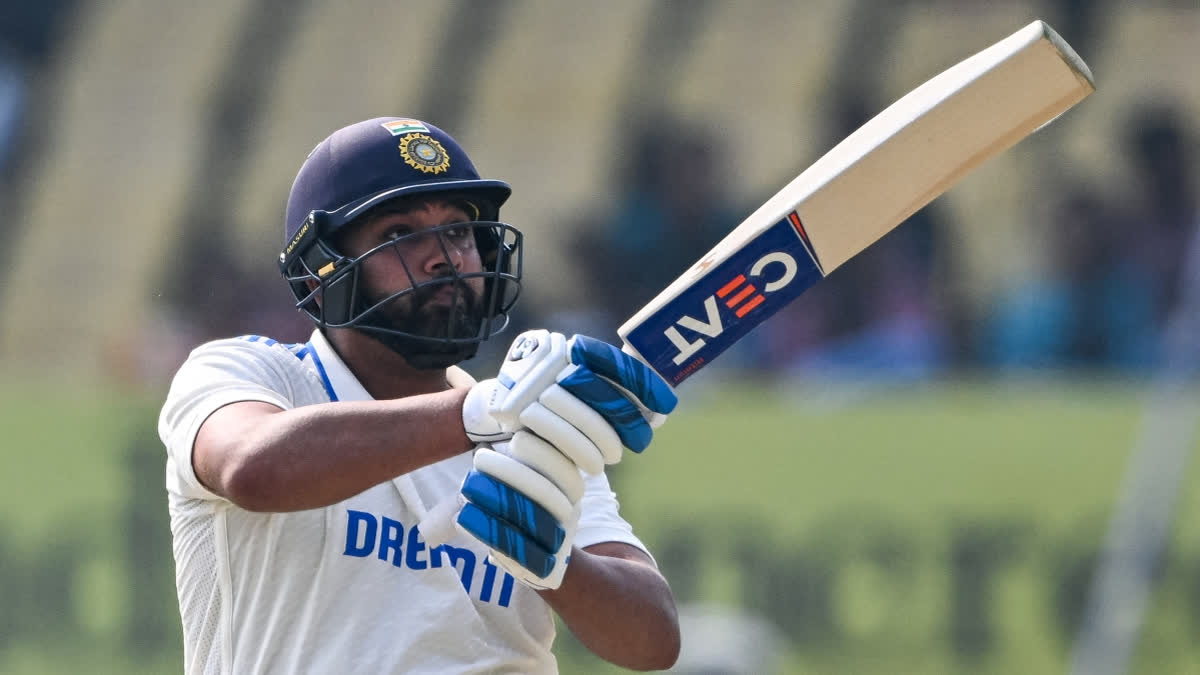Cricket is a game of records, some are remembered for their brilliance and others for their sheer absurdity. One such record that has never been broken — and likely never will — is Bert Vance 77-run over, bowled during a first-class match in New Zealand in February 1990. This surreal moment saw Canterbury’s Lee German take full advantage of a bizarre strategy, leading to the most expensive over in cricket history.
Wellington vs Canterbury
It was the final day of the Shell Trophy clash between Wellington and Canterbury in Christchurch. Wellington, having declared their second innings, set a target of 291 runs for Canterbury to chase in 59 overs. The chase seemed doomed from the start as Canterbury quickly collapsed to 108 for 8, leaving Wellington on the brink of victory.
However, a late partnership between Lee German and Roger Ford kept their side alive. With 95 runs required from the final two overs, it appeared Wellington would walk away with a comfortable win, but what followed was one of the most bizarre incidents in cricket history.
The Strategy That Backfired
In an attempt to force a result by speeding up the game, the bowling side captain turned to Bert Vance, a seasoned cricketer nearing the end of his career. The idea was simple: Vance would bowl a series of no-balls, offering German and Ford easy runs. The plan was to tempt them into making a mistake by swinging for the fences, thereby losing their wickets in pursuit of an unlikely win. What happened next was far beyond anyone’s expectations.
Vance began to lose control, delivering an over that would go down in cricketing infamy. By the end of it, 77 runs had been scored off 22 balls, with Vance bowling a staggering 17 no-balls. Lee German took full advantage, smashing 70 runs, while Ford added five more to the total. Canterbury, once out of the game, suddenly had a real chance of pulling off the impossible.
The Over Breakdown
The over itself was a chaotic blend of boundaries and extras. Here’s how the scoring unfolded:
0, 4, 4, 4, 6, 6, 4, 6, 1, 4, 1, 0, 6, 6, 6, 6, 0, 0, 4, 0, 1.
Wellington' Bert Vance conceded 77-run in an over in a #first-class match in #1990. Over: #0444664614106666600401 pic.twitter.com/wIZsSYN3Mm
— Gaurav (@GauravDas) October 27, 2014
In the space of 22 balls, the match swung wildly in Canterbury’s favour. With one legal ball out of the first 17 deliveries, German raced to a century, capitalising on the endless supply of no-balls from the bowler. The scoreboard, along with the players, was left in utter disbelief.
Final Over Drama
Following Vance’s disastrous over, Canterbury now needed just 18 runs from the final six balls to achieve a remarkable win. Lee German, who had already scored 17 runs off the first five balls of the over, stood at the crease with a single run needed for victory. But, in another twist, German failed to score off the final delivery, and the match ended in a tie.
Over three decades later, Bert Vance's 77-run over remains one of the most peculiar and unforgettable moments in the sport’s history. It’s a cautionary tale for cricketers and captains alike: even the best-laid plans can go spectacularly wrong. Whether remembered for the astonishing batting or the ill-conceived strategy, this over stands as a cricketing oddity that is unlikely to be repeated.



